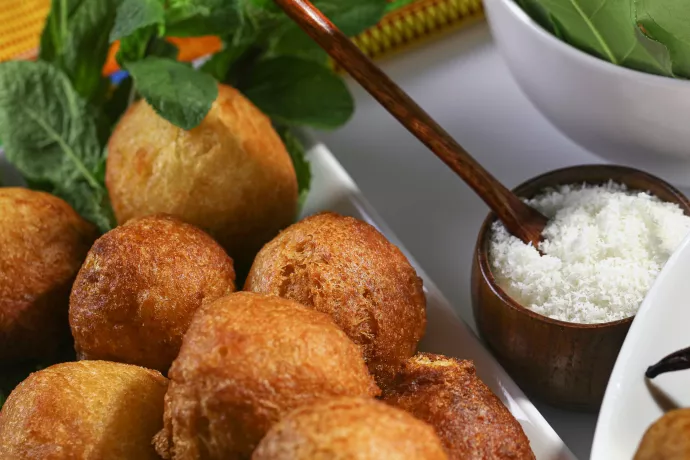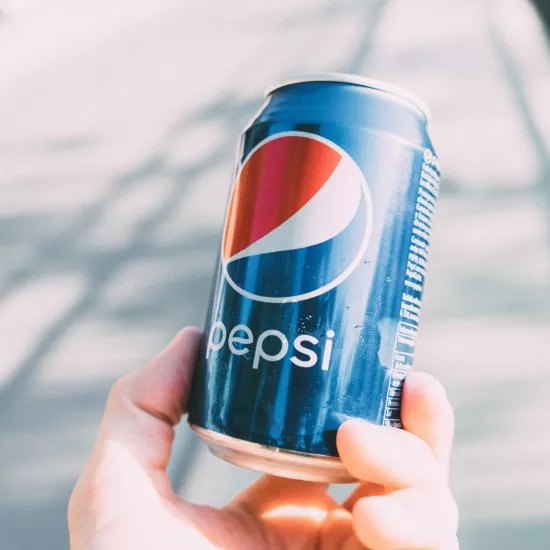Irresistible Bofrot: Remembering Ghana and My Mother’s Smile

When I was 6 years old, my mother Beth wanted to leave Canada and go back to Ghana. She left her home at 12 years old and let’s say her experience in Canada was far from good. When her parents died, she was left in the care of her brothers. They sent off to Canada to marry her young. By sixteen, she was a mother. By nineteen she was married and a mother of two. At twenty, she was divorced and remarried in her thirties. She then had two more children. She then lost custody of her first two because she was twenty without a job.
My mother felt disconnected from Ghana because she had been away for almost 30 years. Canada did not feel like home because she felt she did not belong. At 40, she was ready go back for good. Now I can understand why she wanted to leave but the selfish 6 year old me was angry because I was leaving my best friend Natasha behind.
My mother, my brother Steve and I packed our bags and furniture and went off to Ghana. I remember being sad because I was going somewhere entirely new to me. We landed and it was nothing like Canada. “Mommy, I want to go home!” I yelled and cried at the airport. It was hectic for her since she was travelling alone with two minors. All she could say was “Nana, tena ase (sit down, in our native language Twi).” My uncle picked us up from the airport and took us to his house in Accra. My uncle lived in a big house, almost like a mansion, so people assumed we were rich. It didn’t help that I was Canadian – if you were Canadian or American, you were rich.
My mother took us out to roam. The culture was different. Children were shoeless and dirty and yet the happiest I have ever seen. They were outside in the sun, playing Ampe, a traditional jumping and clapping game, while I was asking to stay inside and watch an episode of the cartoon “Sailor Moon.” Strangers treated us like family. They would welcome my mother by saying “auntie akwaaba (welcome).” Sellers would ask us to come to their stations. There was a sugar cane stand, an orange stand, a coconut stand, a hair braiding station and many more. We walked past the stations and my mother would smile because I could tell it took brought back vivid memories. I was too young to remember her upbringing but I could see how pleased she was.
Then, she stopped at one stand, excited about this vendor. A lady wearing an African cloth known as Kente with a matching headscarf was frying breaded dough balls. Another lady would mix flour and roll it into balls. To Ghanaians, it was called bofrot. The name varies across West Africa. Nigerians called it puffs puffs. Bofrot is similar to a timbit except that it is hot and oily and triple the size. While the other two prepared the bofrot, Auntie Vivian sold them. Vivian, an older woman, walked over to me to ask what my name was and I ignored her. My mother told her why I was upset. Vivian took a step back to her station and grabbed a bofrot to give to me. At first I declined but the aroma of the bofrot made it hard not to try it.
I took my first bite and it was so soft, greasy and delicious. I remember this moment because it was one of the best and last times I spent with mother before she passed away. She was so happy to be home and that is one of last images I remember of her. I connected bofrot to Ghana and my mother. Even though I have not been to Ghana in thirteen years, I have an image of my mother standing and smiling with the bofrot. I am going back to Ghana in December. Although I am terrified because I have not been there since age 9, I am excited to feel my mother’s presence by all the bofrot stands I come across.

Leigh Ann Asare is a sociology specialist in her fourth year at UTM. She enjoys learning about gender inequality, sexuality, homelessness and social policy.
The author recommends The Suya Spot in North York, ON.



